The most successful startups never have a good time when they actually start. In fact, for most of them, the product looks completely different, offering a different need to the market! Now, if you’re looking to build your own app with a software development company, check out a software document template to request suggestions. We have compiled the inside stories of the 10 most successful startups today. They all started with a simple idea and looked at where they were.
ProTip:
If you want to get your point across, Arkenea is a highly rated mobile app development company that is the most trusted startup in the country.
1. AirBnB

This is the story of three boys and how they went from renting mattresses to a $ 10 billion company. In 2007, designers Brian Chesky and Joe Gebbia were unable to pay rent in their San Francisco apartment.
There was a design conference coming to San Francisco and the city hotels were fully booked, so they came up with the idea of renting three air beds in their living room and preparing breakfast for their guests. Now millions of business entrepreneurs are using it for their brand. They set up a simple blog and found three employers (two boys, one girl) for $ 80 each.
After a bit of success and equity in the product market, they signed up a former computer science and computer science graduate, Nathan Blecharczyk, to create a website and join the project, so to grow more like this go digitally and choose the appropriate crm strategy.
2. Instagram

This is the story of two boys who did an app in eight to eight weeks. Kevin Sitcom, a Stanford graduate who worked for Google and corporate development, spent his weekends building an app that allows location-based image sharing and notes, which he calls Burbn.
That’s how Kevin met Mike Krieger, the first Burbn user and founder of Instagram. Later, Burbn was reduced to photos only and was named Instagram and now millions of business entrepreneurs are using for their brand awareness.
3. Pinterest

Raised by medical parents, Ben Silbermann thought he would follow a similar path. He had studied at Yale University since 1999 and soon realized that he did not want to become a doctor. After a consulting gig in Washington DC, working for Google, and a failed app, he came up with another idea so to grow more like this go digitally and choose the appropriate lead generation companies. In 2009, Ben and a college friend, Paul Sciarra, and Evan Sharp, began working on a site where people could show off their favorite collections, in the form of a pin contact.
Ben himself wrote to the first 7,000 users of the site who provided his phone number and met some of its users. During Thanksgiving dinner, Ben’s girlfriend thought of his name: Pinterest.
4. Dream11 – Media & Entertainment

No one thought that India would have a start-up that would gain worldwide fame. But Dream11 has done just that and especially because of its association with the world’s top cricketers, and is focused on taking the market around tournaments like the Indian Premier League and making it a point to play football games on the Indian market.
It took the company three years to beat its first million users, and soon thereafter, it skipped 3 Mn users in less than two months. Today, Dream11 prides itself on 50 Mn users and sports-related websites regularly incorporating fiction game predictions as it will incorporate real cricket matches. As founder Bhavit Sheth told Inc42 earlier this year, the combined users from Tier 2, Tier 3 and Tier 4 are much higher than Tier 1 because as we grow from 300K to 10 Mn and so on, a few growth rates have emerged in low-income cities like Luck now, Kanpur , Amritsar, Chandigarh, Jaipur etc.
5. LinkedIn

Toward the end of 2002, Reid Hoffman hired a team of former Social Net and PayPal partners to work on a new idea. In May 2003, Reid introduced LinkedIn to his living room, inviting 350 of his contacts to join his network and create their own profiles. The business began to grow slowly at first — as few as 20 signups on certain days — but, in the fall, showed little promise of attracting investment from Sequoia Capital, it is also an powerful social media platform which is used by millions of peoples and business entrepreneurs so if you want also become a user just dial to email marketing companies who can guide safely.
You may also like to read: Things to Know Before You Launch Your Startup
6. InMobi – Adtech Indian Startup – InMobi
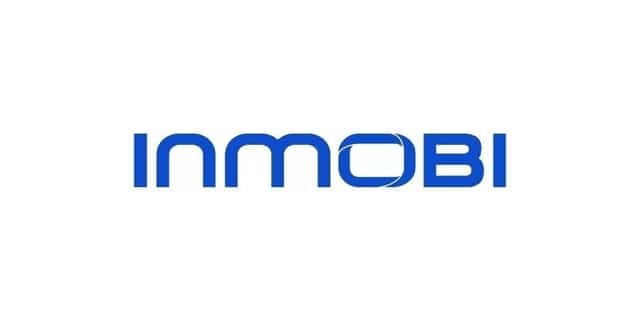
Naveen Tewari founded InMobi in 2006, but set out to be a platform for advertising and content acquisition later. InMobi supports businesses by launching attractive ad campaigns on mobile devices through in-app partners, and in making smart marketing decisions on where to spend their money. Tewari led a massive acquisition in InMobi, growing the company so dramatically that it became India’s first unicorn.
Established as a portable SMS-based search platform called Mhkoj, InMobi ads and acquisition network currently operates over 1.64 Bn devices (March 2019) worldwide. The adtech launch turned out to be profitable in the last quarter of 2016, just after the launch of 1 Bn active devices in 2015. While the US continues to be the top earner of InMobi in terms of revenue due to its large app economy, China has become the second largest in the market. InMobi is fighting hard against two of the world’s biggest players in space – Facebook and Google – to get a piece of ad that uses online advertising around the world.
7. Swiggy – Services Consumer Food Tech Startup – Swiggy
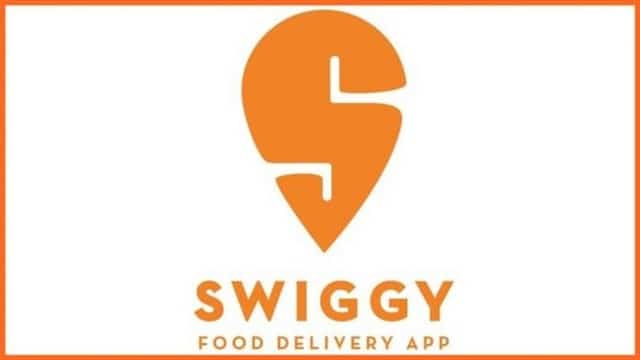
Swiggy started working in the prestigious Koramangala area of Koramangala in 2014, which includes only one venue with six delivery managers and 25 partner restaurants. It offers a complete solution for ordering and delivering food from a variety of restaurants to an urban foodie. Today, it has more than 2.1 lakh partners for active delivery and processes that operate approximately 1.4 Mn per day food order across India, compared to 700K orders per day last year.
8. Flipkart – The beginning of Ecommerce
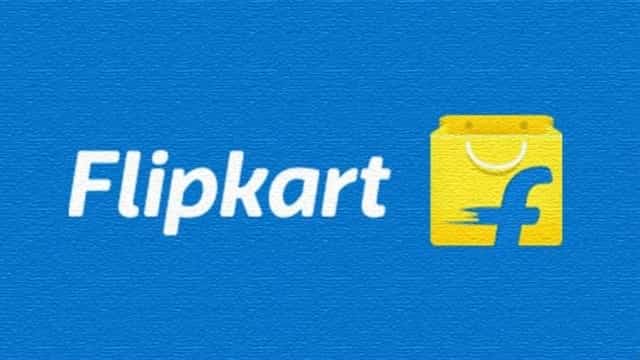
Flipkart was founded by Sachin and Binny Bansal in 2008 for $ 6,000 (INR 4 Lakh). It continued to be one of the largest ecommerce startups in India and now has a net worth of $ 20 Bn. Flipkart has made many milestones in its ten-year journey, one of the biggest of which was Walmart’s $ 16Bn investment making it the world’s largest ecommerce deal, and has since reopened its pay-per-view business to PhonePe, which has grown into -unicorn alone.
Over time, Flipkart has been splitting its operations by replacing OTT with Flipkart videos and a food retail business with Flipkart FarmerMart.
9. BYJU’S – EdtechEdtech Startup – ByJu’s
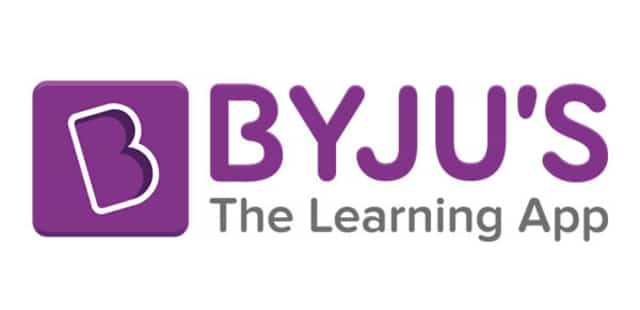
What started as a simple e-learning platform has grown to become one of the largest edtech products in the world. BYJU’S today offers a variety of online secondary and high school courses relevant to the Indian curriculum and online materials in competitive exams such as IAS, CAT, GRE, materials from Class IV to Class X for both students -CBSE / ICSE and preschool learning modules.
Since its launch its program has enrolled 35 Mn users and 2.4 Mn users per annum The company said that in April 2019, BYJU’S crossed the INR 200 Cr ($ 28.61 Mn) with a monthly income. BYJU’S retained an estimated $ 5.7 Bn and raised more than $ 969.8 Mn from investors such as General Atlantic, Tencent, Naspers, Qatar Investment Authority, and the Canadian Pension Plan Investment Board (CPPIB) among others.
10. Paytm – Launch of Fintech – Paytm
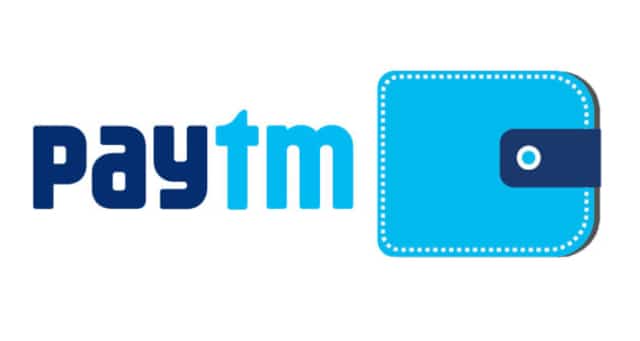
While Paytm started out as a digital wallet, it morphed and took on new verticals within payments many times over the years. To its credit, Paytm has been able to keep its services up-to-date and compliant with the flexibility of the rules and fintech. It says it has over 130 Mn users today and in addition to payments and transactions, customers can pay for utility bills, transfer funds to other bank accounts, book flights, trains and movie tickets and more.
Paytm’s transformation came with demonic notes of high value money in November 2016. Its user base grew from 125 Mn users before making a demon to 185 Mn after three months. Since then, it has continued to grow, hitting the 300 Mn mark in 2018. It has also expanded to include six new companies – Paytm Financial Services, Paytm Entertainment, Paytm Money, Paytm Mall, and Paytm Insurance Corporation, and more. Founder Vijay Shekhar Sharma said Paytm will be seeking public registration after 2021, when the fintech company starts making money.
Conclusion
Thus we come to know through this article that there are entrepreneurs who touch the great heights in different Parts of the world, as it is a digital era social media is the magic that grows every business at the top.
Read also: 5 Ways to Step Up Your Startup


